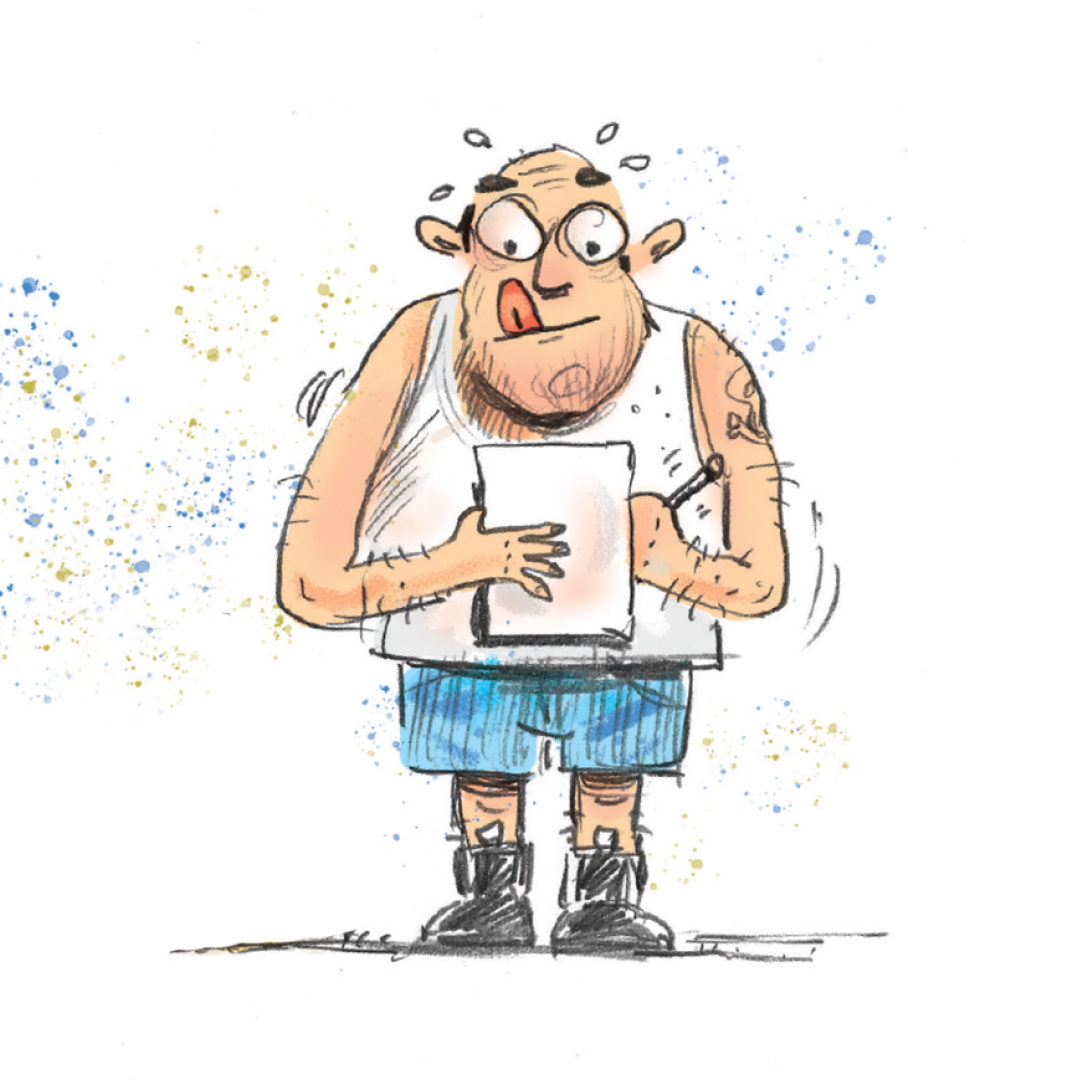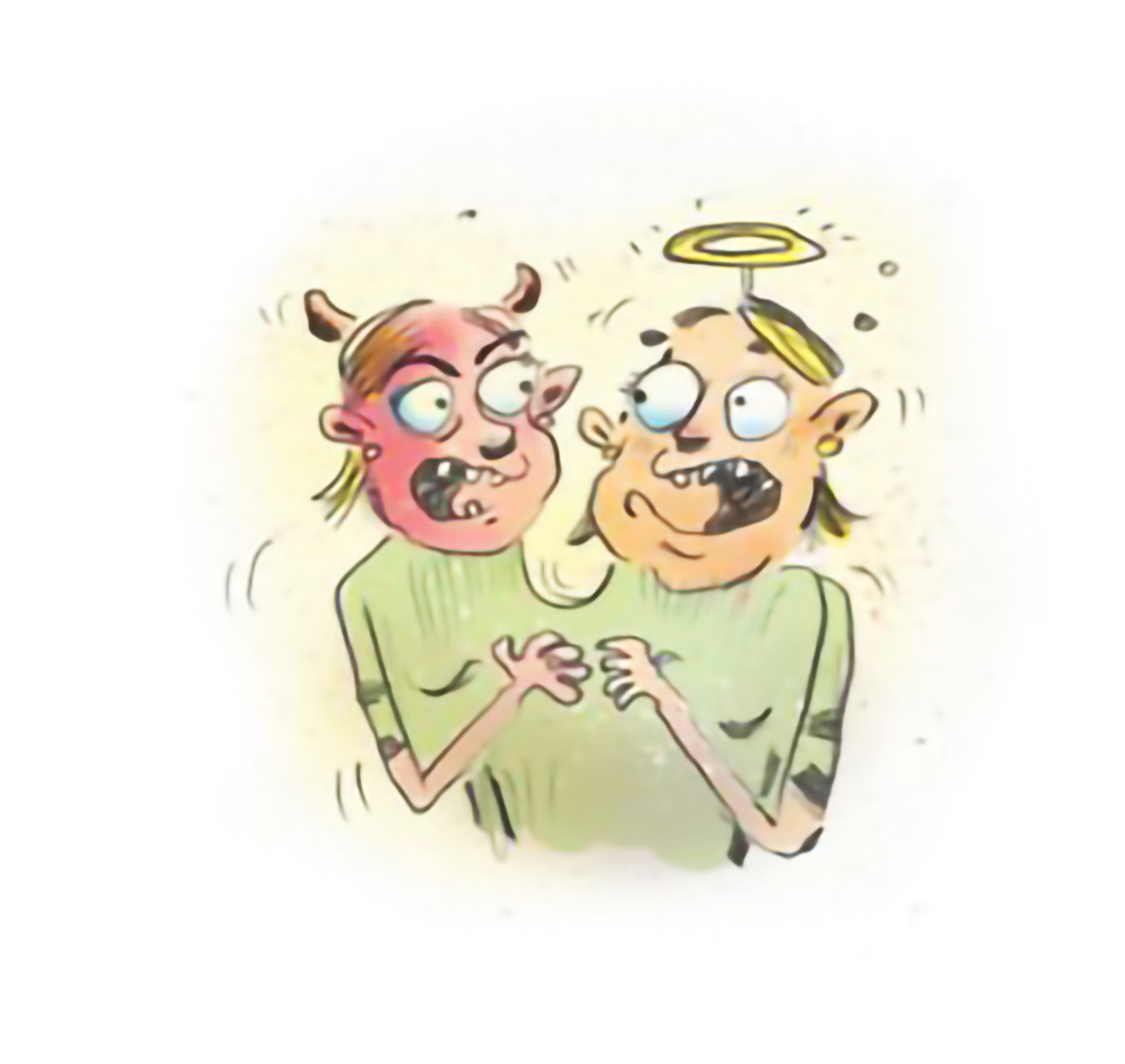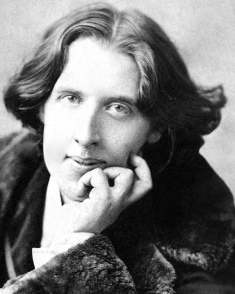Anyone who has experienced the Long Harsh Personal Winter of Depression would not for one moment doubt the veracity of Naomi Osaka’s admission that she is suffering with depression. She summed the situation up very clearly in her own words. “The truth is that I have suffered long bouts of depression since the US Open in 2018 and I have had a really hard time coping with that,” she added that she would “never trivialise mental health or use the term lightly. Anyone that knows me, knows I’m introverted, and anyone that has seen me at the tournaments will notice that I often wear headphones to help dull my social anxiety.”

Those who continue to level criticism at Naomi can only be doing so out of ignorance. For these uninformed and frankly dangerous I offer a couple of telling key facts:
- Depression doesn’t give a damn how, fit, rich or famous you are.
- The World Health Organisation has declared mental illness in general and depression in particular a global epidemic.
- Depression is a serious illness that often demands appropriate medication.
- Depression is all too frequently lethal. The annual global number of people succumbing to suicide is fast approaching a million.
Accusing Naomi of being petulant, spoiled, selfish or self-indulgent is, quite frankly, ridiculous. The far more plausible, realistic, reasonable and empathetic explanation is both obvious and simple: Naomi has pushed herself beyond breaking point. (As many professional elite-level athletes often do which is why they usually have a psychologist as a key member of their support staff.) In the interests of self-preservation Naomi has (if somewhat belatedly) shut down in order to protect herself. While it may be arguable that she has an obligation to her ‘job’ and in some small part to the media, this does not ever, and should not ever, eclipse Naomi’s responsibility to look after herself. I still find it confounding that even at an elite level we are exhaustively taught to look after our physical health while we continue to be taught next to nothing about how to maintain basic psychological hygiene.
The first Keystone Principle of Metaphorical Therapy is self-preservation. Self-preservation is the reason why a mother on a plane puts her own oxygen mask on before putting one on her baby. Self-preservation must come first. You can’t help others let alone be of service to your sport or your supporters if you don’t look after yourself first and foremost. And that, in a nutshell, is what Naomi is doing. I personally applaud her for having the courage to recognise the gravity of her obviously precarious mental health in order to do what is necessary to regain her equilibrium and resilience. I hope that her fine example inspires millions of other sufferers to find the courage to follow in her footsteps.
In closing: It would do well for Naomi to be especially mindful of the second Keystone Principle of Metaphorical Therapy. That of Boundaries. Boundaries are there to separate and protect. Naomi may need to build a formidable double-brick wall to protect herself from hurtful comments born of self-interest and ignorance. Naomi Osaka has recognised that she is a player in the most gruelling and unforgiving contest of all. The one called life. In my eyes she is already a champion in the big game. Bravo. And bugger anybody who says anything less.



 Freud, in a 1927 essay titled Humour (Der Humor) says about gallows humour; “The ego refuses to be distressed by the provocations of reality, to let itself be compelled to suffer. It insists that it cannot be affected by the traumas of the external world; it shows, in fact, that such traumas are no more than occasions for it to gain pleasure.”
Freud, in a 1927 essay titled Humour (Der Humor) says about gallows humour; “The ego refuses to be distressed by the provocations of reality, to let itself be compelled to suffer. It insists that it cannot be affected by the traumas of the external world; it shows, in fact, that such traumas are no more than occasions for it to gain pleasure.”